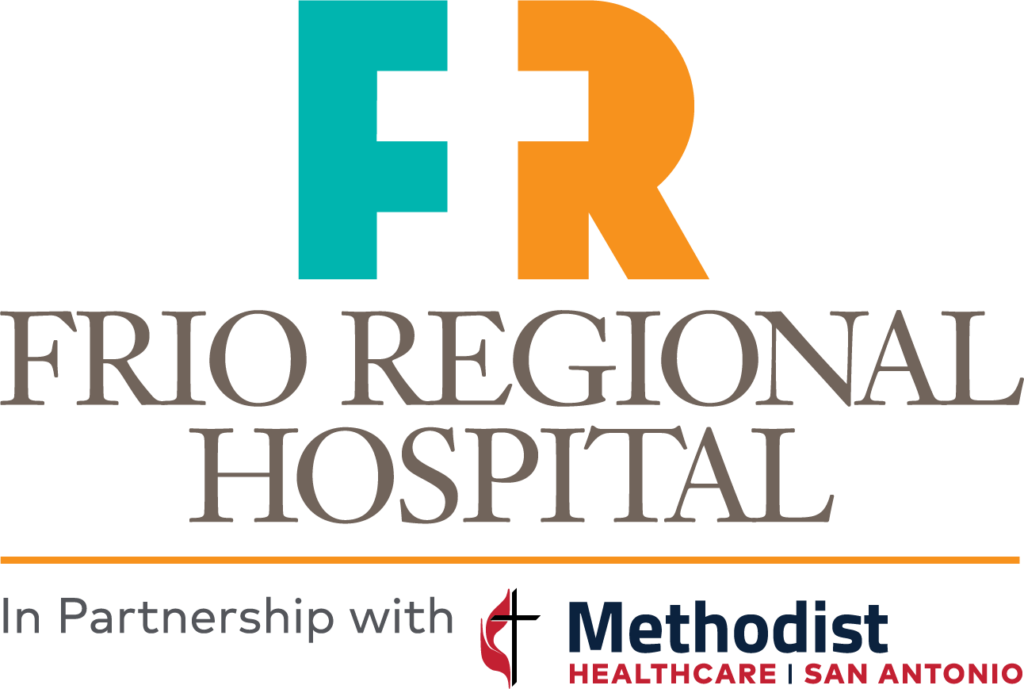Quiz – Blood Clots: true or false?

If you get hurt, your body forms a blood clot to stop bleeding. But blood clots can also form abnormally. They can develop in—or travel to—blood vessels in your brain, heart, lungs, limbs and kidneys and cause serious problems. Are you at risk? Test your knowledge with this quick quiz.
True or false: Dehydration, pregnancy and prolonged bed rest are all risk factors for blood clots.
True. And so is smoking, which damages the lining of blood vessels and can cause clots to form. Hormone replacement therapy also raises risk, as do long periods of sitting, especially with your legs crossed.
True or false: Young, active people don't need to worry about blood clots.
False. Almost anyone can get deep vein thrombosis (DVT), a serious and underdiagnosed condition that occurs when a blood clot forms in the veins, often in the lower leg, thigh or pelvis. If the clot travels to the lungs, it can block blood flow and be life-threatening.
True or false: Swelling and tenderness are signs of DVT.
True. Swelling, tenderness and pain, especially in the leg, are red flags of this serious condition. So is redness of the skin. If you have any of these symptoms. See your doctor as soon as possible.
True or false: A tendency toward excessive blood clotting can be inherited.
True. Genetic defects can cause abnormal clotting. You’re more likely to have a genetic defect if your family members had dangerous blood clots or you’ve had repeated blood clots before age 40.
True or false: Women are at greater risk for DVT.
False. While it’s true that women have a greater risk for this type of blood clot when pregnant or using birth control pills, overall, men are more likely to develop DVT.
Sources
- American Heart Association. “Understand Your Risk for Excessive Blood Clotting.” https://www.heart.org/en/health-topics/venous-thromboembolism/understand-your-risk-for-excessive-blood-clotting.
- American Society of Hematology. “Blood Clots.” https://www.hematology.org/education/patients/blood-clots.
- American Society of Hematology. “Deep Vein Thrombosis: Myths vs. Facts.” https://www.hematology.org/education/patients/blood-disorders/deep-vein-thrombosis.
- Centers for Disease Control and Prevention. “What is Venous Thromboembolism?” https://www.cdc.gov/ncbddd/dvt/facts.html.
- MedlinePlus. “Blood Clots.” https://medlineplus.gov/bloodclots.html.

